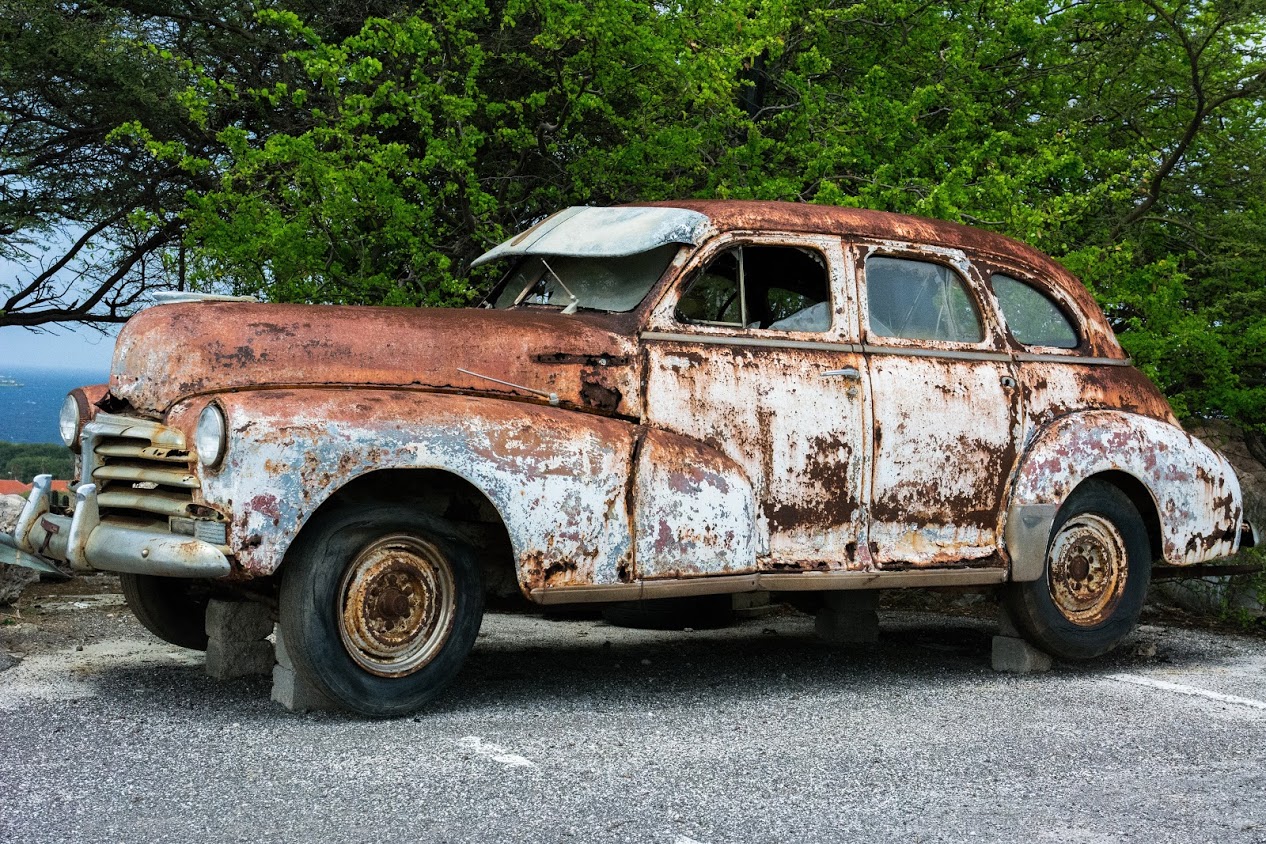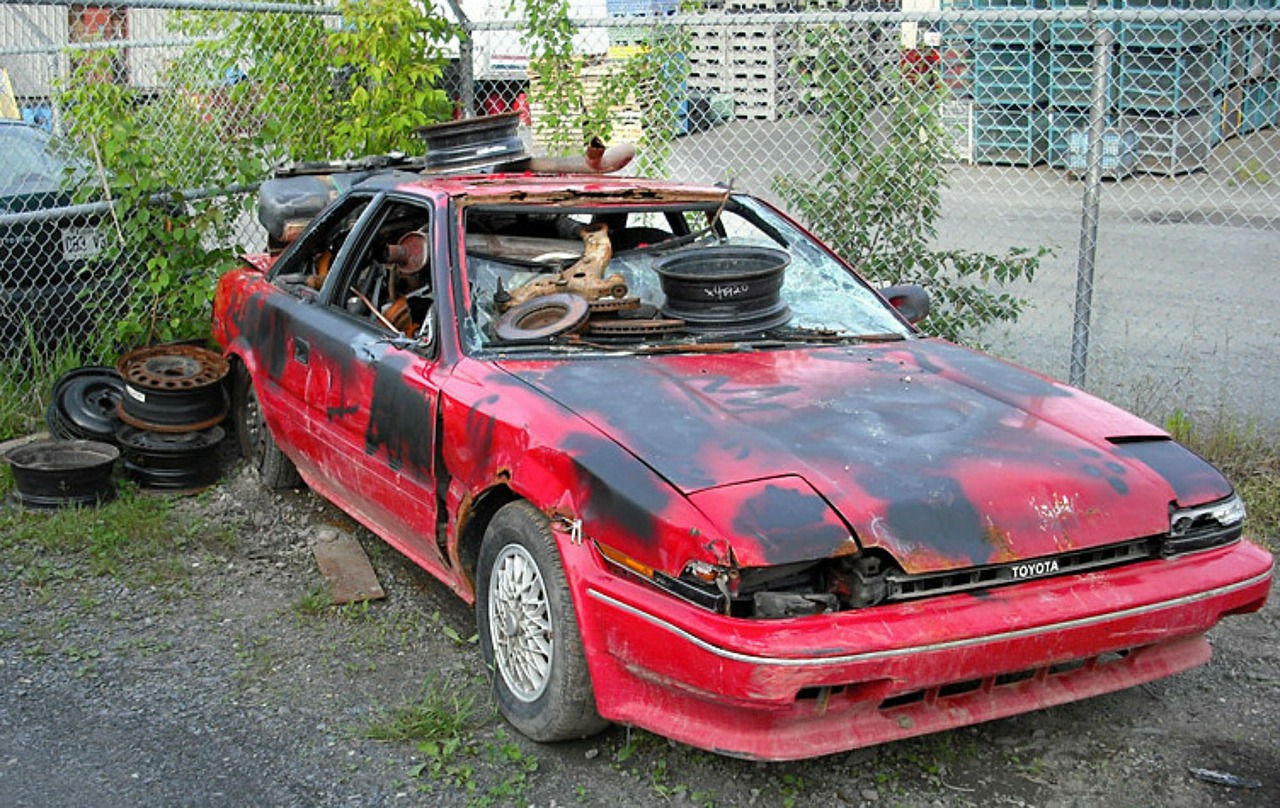The Ecological and financial Benefits of Reusing Junk Autos
Recycling scrap automobiles presents numerous financial and environmental benefits that expand well beyond waste reduction. By recovering up to 90% of automobile components, this method considerably minimizes landfill concern while maintaining vital all-natural resources. Furthermore, it minimizes energy usage and greenhouse gas exhausts connected to resources extraction and production. The procedure also produces employment possibility across different fields, from dismantling to logistics, and offers consumers with cost-efficient automobile parts. These advantages underscore the multifaceted value of recycling scrap cars, yet there are additionally aspects to take into consideration when reviewing its full impact.
Minimizing Land Fill Waste
Minimizing garbage dump waste with the recycling of scrap autos plays a pivotal role in environmental preservation. Efficient recycling procedures can substantially decrease the quantity of waste that ends up in landfills when autos get to the end of their life cycle. Junk cars, otherwise appropriately reused, add to the growing trouble of garbage dump overcapacity, intensifying environmental destruction and potentially infecting soil and groundwater with hazardous materials such as oil, gas, and heavy metals.

In addition, the recycling process minimizes the unfavorable impacts of automobile waste on biodiversity. Landfills are infamous for disrupting neighborhood environments, and lowering the increase of junk autos helps preserve natural environments. Eventually, recycling junk autos is a strategic method that promotes sustainable waste monitoring, aligning with broader environmental goals.
Conserving Natural Resources
In enhancement to mitigating garbage dump overcapacity, reusing junk cars plays a significant function in conserving all-natural resources. By reusing scrap autos, we substantially decrease the need for raw products, consequently curbing the ecological deterioration associated with mining tasks.
Additionally, the process of reusing automobile elements such as light weight aluminum, copper, and lead is much less energy-intensive than generating these products from virgin sources. This power savings translates directly right into minimized fossil fuel intake and lower carbon impacts (Fort collins we buy junk cars). In addition, by recovering and repurposing products, we extend the lifecycle of non-renewable resources, guaranteeing they remain offered for future usage
Furthermore, reusing vehicle liquids like transmission, oil, and antifreeze liquid avoids harmful materials from contaminating dirt and water sources. Through systematic recycling initiatives, these liquids can be detoxified and recycled, promoting a circular economy and more lessening the strain on natural resources. Thus, reusing junk autos uses a complex approach to conserving our world's vital all-natural properties.
Developing Work Opportunities
The recycling of junk automobiles not only profits the atmosphere but additionally boosts economic development by producing job possibilities. This blossoming market offers a vast variety of employment prospects, ranging from the first collection and transportation of old vehicles to the detailed processes of dismantling, arranging, and repurposing the various parts.

The proliferation of recycling plants further enhances the task market, requiring functions such as engineers, device operators, and quality assurance specialists to make certain and manage the sophisticated equipment conformity with environmental regulations. Also management settings, such as sales, advertising and marketing, and customer support, see a rise as the sector broadens.
Reducing Manufacturing Costs
By integrating recycled materials from junk vehicles, suppliers can considerably decrease production expenses. The power required to refine recycled materials is significantly less than that needed to create new materials from scrape.
Moreover, the recycling process aids enhance the supply chain by offering a stable increase of products that are easily offered and typically less costly than newly mined sources. These price efficiencies are especially vital in a very competitive industry like automobile production, where margins can be razor-thin. Additionally, the recycling of junk cars helps alleviate the volatile prices of resources, making it possible for manufacturers to much better projection and control their production spending plans.
Providing Economical Vehicle Parts
When junk autos are reused, the schedule of inexpensive car parts sell my junk car today substantially raises, profiting both consumers and repair work shops. Recycled automobile parts are frequently marketed at a portion of the expense of repairs, providing an affordable alternative for vehicle owners and mechanics. This affordability can be crucial for people that may not have the financial means to acquire new elements, allowing them to preserve their cars in safe and functional condition.
Repair stores additionally obtain from this raised schedule of budget friendly components. By sourcing recycled parts, these services can decrease their functional expenses, which can be passed on to customers via reduced solution costs. This, subsequently, can bring about greater client fulfillment and loyalty, as customers value the expense savings without compromising on quality.
Moreover, the quality of recycled components has boosted significantly for many years, many thanks to improvements in recycling procedures and top quality control measures. Several recycled parts undertake rigorous screening to ensure they satisfy industry requirements, offering integrity equivalent to repairs - Fort collins we buy junk cars. By giving a economically feasible and premium option, the recycling of junk automobiles plays a pivotal role in supporting both the automotive repair work industry and the more comprehensive customer market
Conclusion
Reusing scrap cars and trucks provides considerable economic and environmental benefits by considerably decreasing land fill waste and conserving natural resources. Overall, the recycling of scrap cars and trucks supports both economic development and sustainability goals.
Recycling junk autos presents various economic and ecological advantages that expand well beyond waste reduction. Scrap cars and trucks, if not properly recycled, contribute to the expanding issue of land fill overcapacity, exacerbating environmental degradation and potentially polluting soil and groundwater with unsafe substances such as oil, gas, and heavy metals.
By recycling junk vehicles, we considerably minimize the need for raw products, consequently suppressing the ecological destruction associated with mining tasks.When scrap automobiles are recycled, the accessibility of affordable auto parts significantly increases, profiting both consumers and repair work shops.Reusing scrap autos offers considerable economic and environmental advantages by dramatically lowering landfill waste and conserving all-natural sources.
Comments on “Sell Car to Junkyard: Earn Money Rapid for Your Junk Automobile”